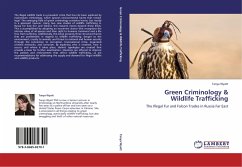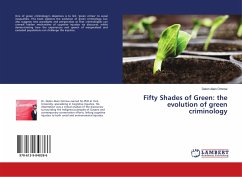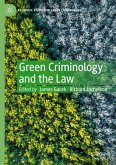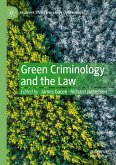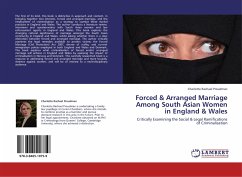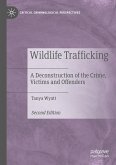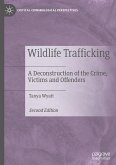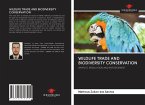The illegal wildlife trade is a prevalent crime that has not been explored by mainstream criminology, which ignores environmental harms that remain legal. The emerging field of green criminology considers harms, but mostly in a speciesist manner. Using two case studies of wildlife trafficking in Russia Far East (fur and falcon), this research moves beyond these limits. This is accomplished by adopting an ecocentric stance that recognizes the intrinsic value of all species and their right to humane treatment and a life free from suffering. Additionally, this book presents three structural harms that are problematic in regards to wildlife trafficking; danger to the environment; cruelty to animals; and threat to national and human security through the connection to corruption, transnational crime, organized criminal networks, and terrorism. By exploring who is involved, how it occurs, and where it takes place, distinct typologies are created that provide a basis for further examination. Solutions are offered to improve the policies and enforcement that affect wildlife trafficking, as are recommendations for addressing the supply and demand for illegal wildlife and wildlife products.
Bitte wählen Sie Ihr Anliegen aus.
Rechnungen
Retourenschein anfordern
Bestellstatus
Storno

